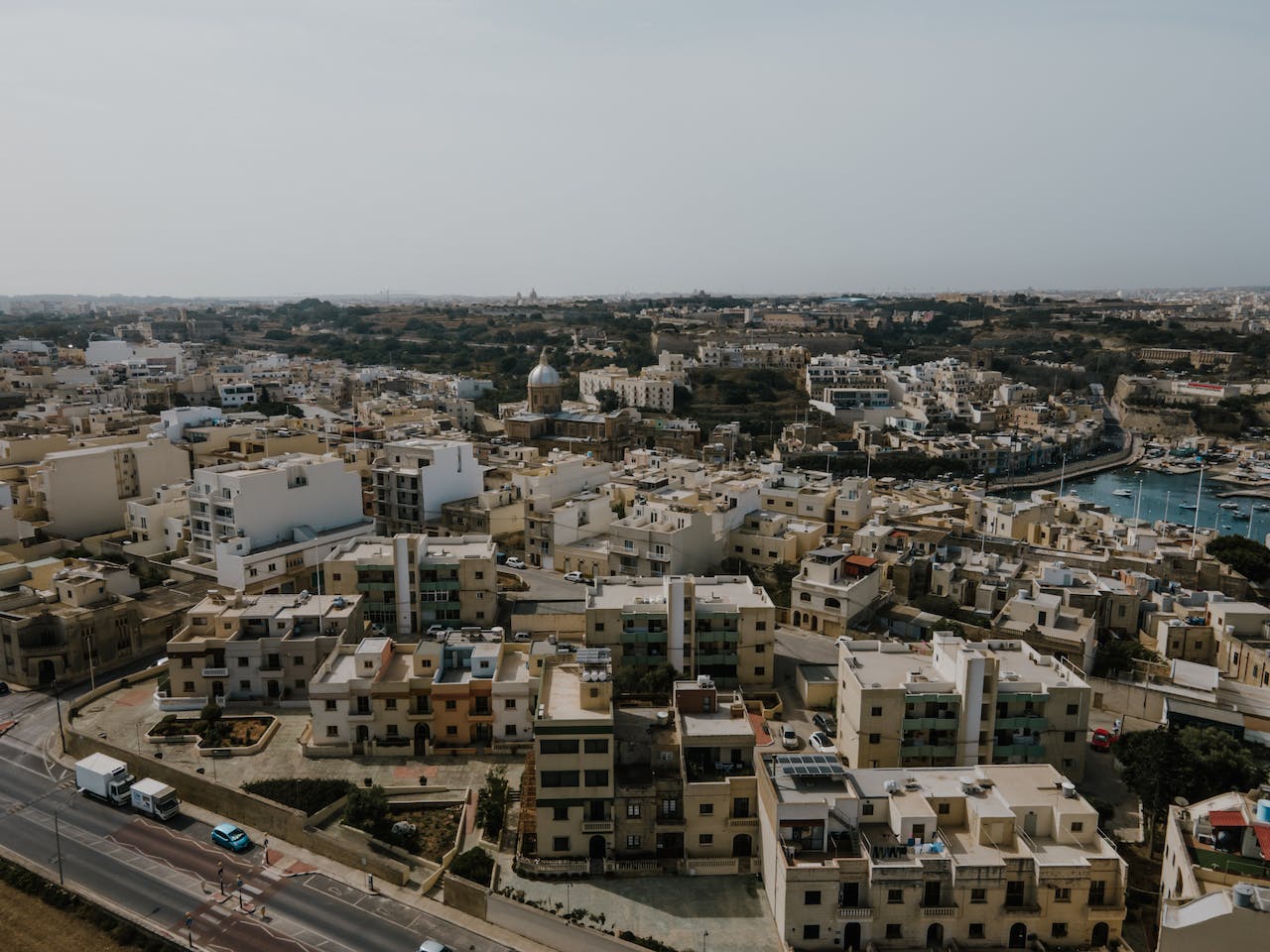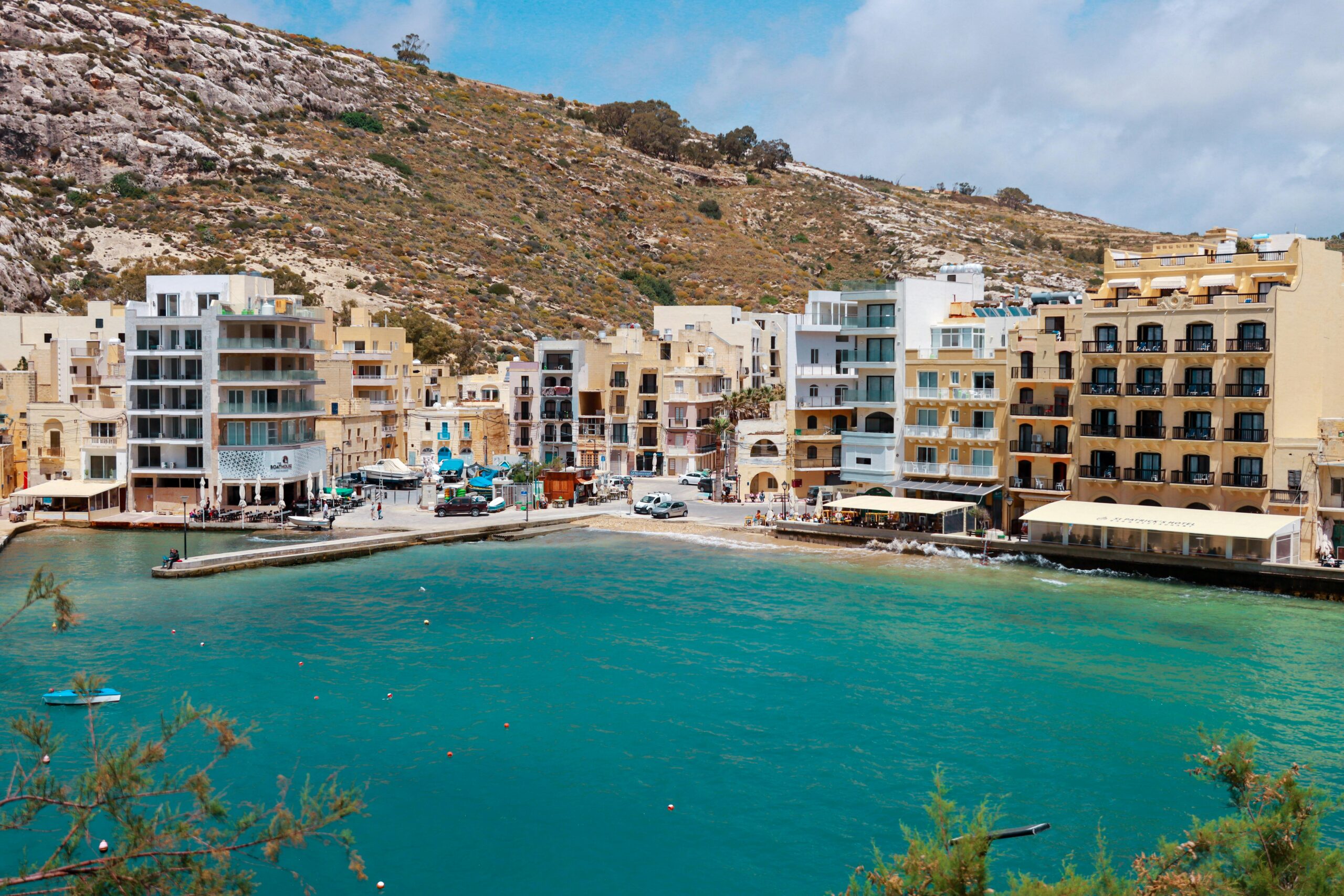Malta been assessed to be fully or largely compliant with all 40 of the recommendation put forward by Moneyval to improve its defences against money laundering and terrorism financing.
The report, released on Thursday by the Council of Europe’s anti- money laundering board, noted that Malta succeeded to meet general expectations after first being found deficient in a number of areas in 2019.
In 12 of the 40 recommendations, Malta was found to be fully compliant, while it was found to be “largely compliant” in the other 28 recommendations.
Malta therefore no longer has any “non-compliant” or “partially compliant” ratings.
Late last month, local media reported that Moneyval had voted to approve its final report on Malta during a plenary session held in Strasbourg.
Moneyval’s passing grade to Malta’s anti-money laundering administrations means that Malta will almost certainly be able to avoid being grey-listed by the Financial Action Task Force (FATF), with a decision expected later this year.
Addition to the grey list would have made Malta’s position as a financial services and igaming hub more difficult to maintain, as it would heighten transactional risks to the global banking community and necessitate stricter oversight when conducting business with Maltese firms.
Malta has already experienced issues with correspondent banking. In 2019, Dutch Bank ING and Deutsche Bank had announced the termination of their correspondent banking relationships supporting US dollar payments with Bank of Valletta (BOV).
Currently, BOV’s only correspondent banking relationship is through Western Union Business Solutions.
Last month, when reports had emerged that Malta’s is likely to pass, several business community members expressed relief, with some saying that this should not be the end of Malta’s ongoing reform to ensure its anti-money laundering framework remains current and relevant.
This was followed up by more reactions from the island’s business lobbies once it was reported the vote had been taken, with the Chamber of SMEs saying that a “negative opinion would have led to catastrophic consequences on our economy and this catastrophe has now been averted.”
“A positive outcome such as this one is documented proof that Malta has turned the page.”
Since its initial 2019 failure, Malta introduced a raft of reforms off the back of recommendations made by Moneyval. Such reforms include beefing up the police’s economic crime unit, beefing up resources for the Financial Intelligence Analysis Unit, and the Malta Financial Services Authority.
db Foundation raises €8,419 for Karl Vella Foundation with MasterChef Malta Charity Dinner
These events form part of the db Foundation's ongoing commitment to supporting vulnerable members of society through impactful initiatives
Residential property prices rise by 5.7% in first quarter of 2025
The new figures show continued growth in Malta’s property sector
Youth4Entrepreneurship Gozo 2025: Youth invited to propose innovative digital solutions
The initiative aims to empower youth to become active contributors to Gozo’s development by addressing local challenges






